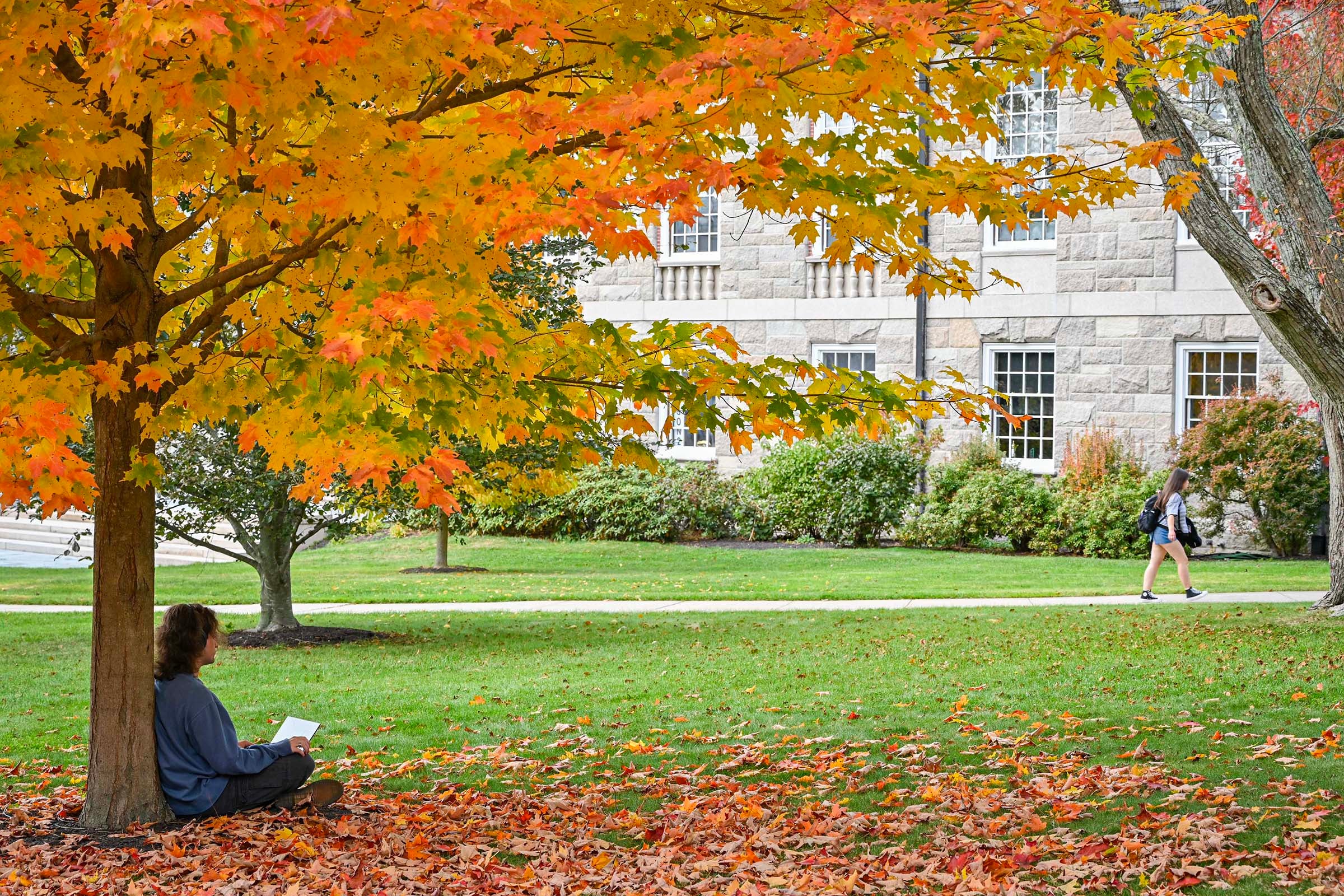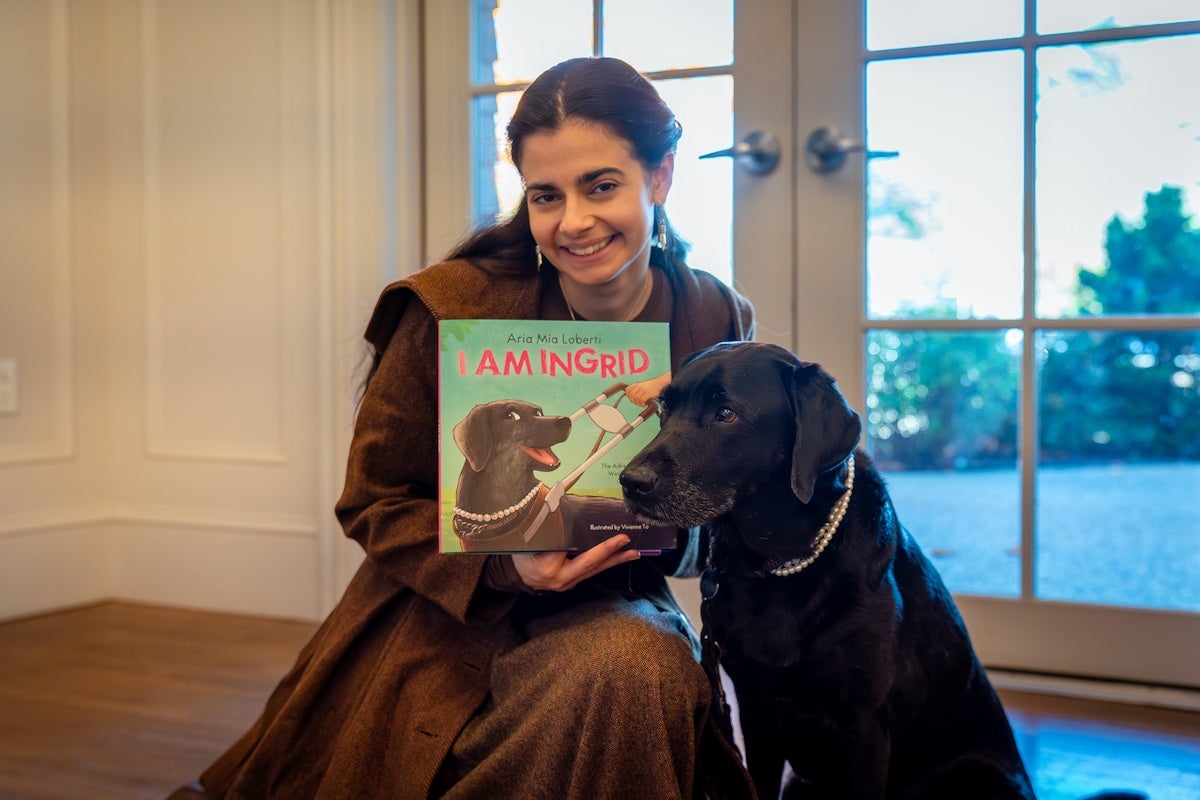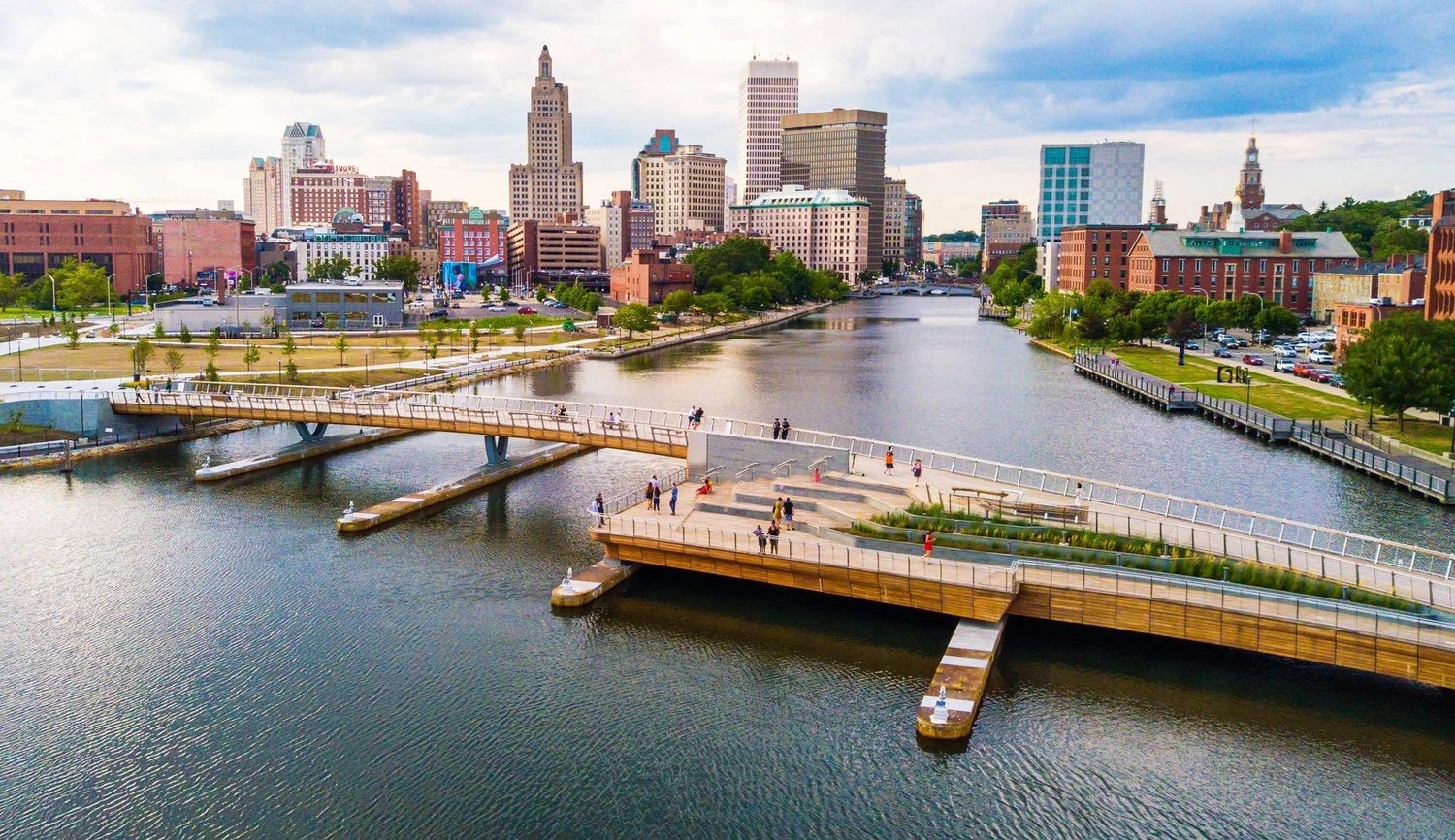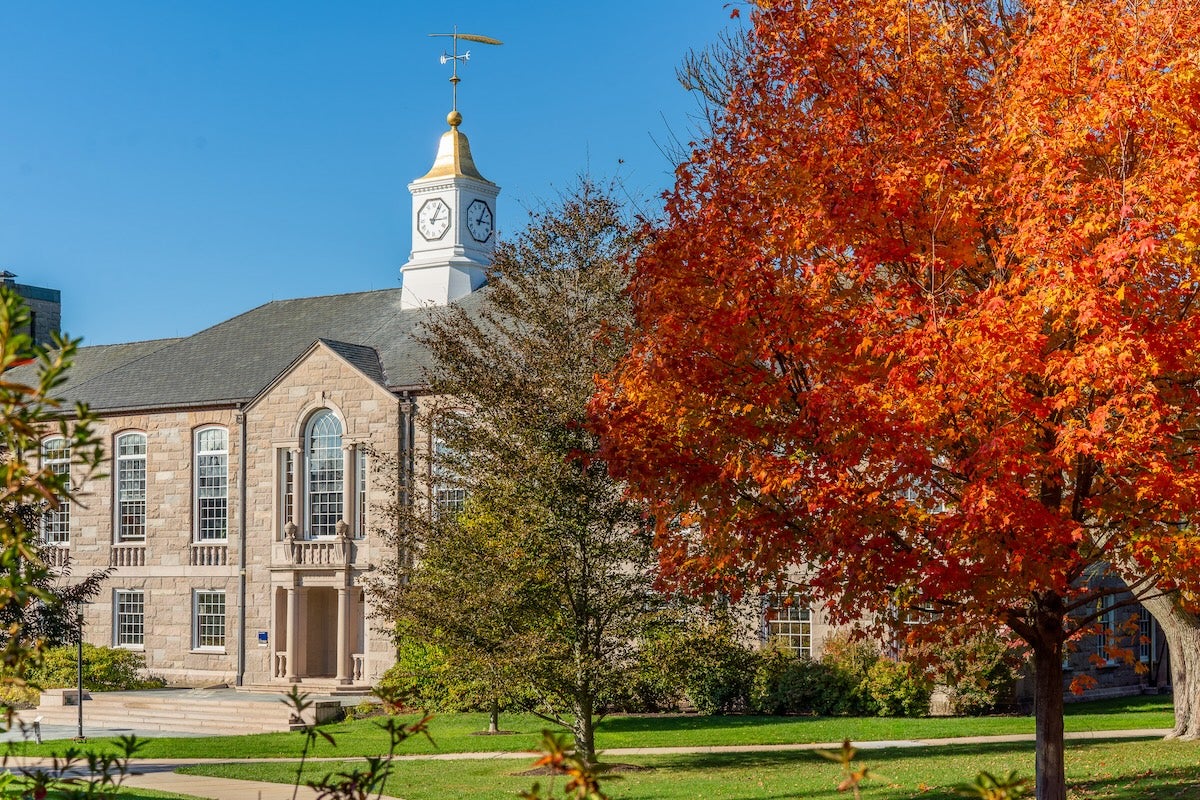URI launching new Environmental Arts and Humanities bachelor’s degree
KINGSTON, R.I. – Oct. 29, 2025 – Citing a need for writers, thinkers and artists to help clarify complex environmental issues and the science surrounding them, the University of Rhode Island is introducing a new Environmental Arts and Humanities bachelor’s degree.
The University’s new 33-credit degree program will equip students with a more holistic approach to understanding and addressing various environmental issues, such as climate change, environmental justice and society’s complex relationship with nature. The program, led by URI Philosophy Department Chair William Krieger, will blend environmental communications, history and culture, with the goal of making information on science and environmental issues accessible for all.
“Science can be hard to communicate. So, having people simplify the science for the masses in easy-to-understand terms will help scientists better connect with and inform the public,” Krieger said.
Krieger says the creation of this degree was student-driven, although the philosophy department knows that employers are seeking a humanist perspective when they hire in all fields.
Those who earn an Environmental Arts and Humanities B.A. have opportunities to collaborate with international partners to help make the intricacies of the environment understandable for the public, including through knowledge of Indigenous perspectives, and the ability to move beyond a western-centric view.
“The western ‘environment is a tool to be used’ is only one lens through which we can see the world around us,” Krieger said. “A number of Indigenous and non-western perspectives see humanity as an integrated part of the environment, as opposed to seeing ourselves as apart from or above it. This perspective can result in thinking and acting differently when we are approached by an environmental challenge.”
Graduates can also provide a critical analysis of environmental issues for multiple industries to combat misinformation, bad data, and misunderstanding of scientific issues and their historical contexts. Program graduates will be equipped to perform Sea Grant extension work—translating science to communities to help solve local problems; work in grant and technical writing; and play vital roles in countering possible misinformation generated by artificial intelligence.
“People will use ChatGPT and say ‘give me 2,000 words on why this project is important. But that AI-generated proposal may contain grandiose things that aren’t connected to the work,” Krieger said. “If people trained in environmental arts and humanities are working with AI, they will use it as an editing tool as opposed to being run by it. Plus, people can speak to the politicians who may or may not be making decisions about which grants are going to get funded.”
Courses will be offered in person, Krieger said. The new Environmental Foundations course will launch this spring, offering students a head start on earning the Environmental Arts and Humanities B.A.
A full rundown on specific course offerings and other related information is found on the degree program’s webpage. Additional information can be sought by calling 401-874-2812 or emailing Krieger at krieger@uri.edu.
Latest All News
- Yoshitaka Ota awarded inaugural Taiwan Peace FellowshipKINGSTON, R.I. – Oct. 29, 2025 – University of Rhode Island Marine Affairs Professor and Director of Nippon Foundation Ocean Nexus Yoshitaka Ota was recently awarded the Taiwan Peace Fellowship, a fellowship that brings together leaders and scholars from around the world in Taiwan to gain a deeper understanding of the country’s historical and cultural […]
- All about IngridAria Mia Loberti '20 visited the URI Child Development Centers to teach preschoolers about a guide dog's impressive skills and special relationship with their human, the subject of her book, I Am Ingrid.
- Aria Mia Loberti teaches URI preschool students impressive skills, special relationship of a guide dogKINGSTON, R.I. — Oct. 28, 2025 — How can your dog tell you what the letters on the buildings’ signs are? Why does your dog wear a special harness? Why do dogs poop and pee? University of Rhode Island graduate, actor, advocate, and newly published author Aria Mia Loberti ’20 patiently fielded myriad questions from […]
- Study by URI physics professor may lead to improved networked quantum sensingKINGSTON, R.I. – Oct. 28, 2025 – Could global positioning systems become more precise and provide more accurate details on distances for users to get from point A to point B? A study by University of Rhode Island assistant physics professor Wenchao Ge in collaboration with Kurt Jacobs, a physicist of quantum tech with the […]
- URI offers new online certificate in Community PlanningKINGSTON, R.I. – Oct. 27, 2025 – There is increasing workforce demand for community planners who are equipped to address complex environmental, social, and economic problems, and the University of Rhode Island’s Department of Landscape Architecture has designed a flexible new program to prepare both working professionals and current students to meet those needs. Offered […]
- University of Rhode Island faculty members named to Stanford University’s Top 2% Scientists 2024 listKINGSTON, R.I. – Oct 27, 2025 – Two dozen University of Rhode Island faculty members, across a broad range of disciplines, have been recognized by Stanford/Elsevier as being among the world’s top scientists and most influential researchers. Stanford University’s Top 2% Scientists list is considered the most prestigious in the world. The listing is based […]













